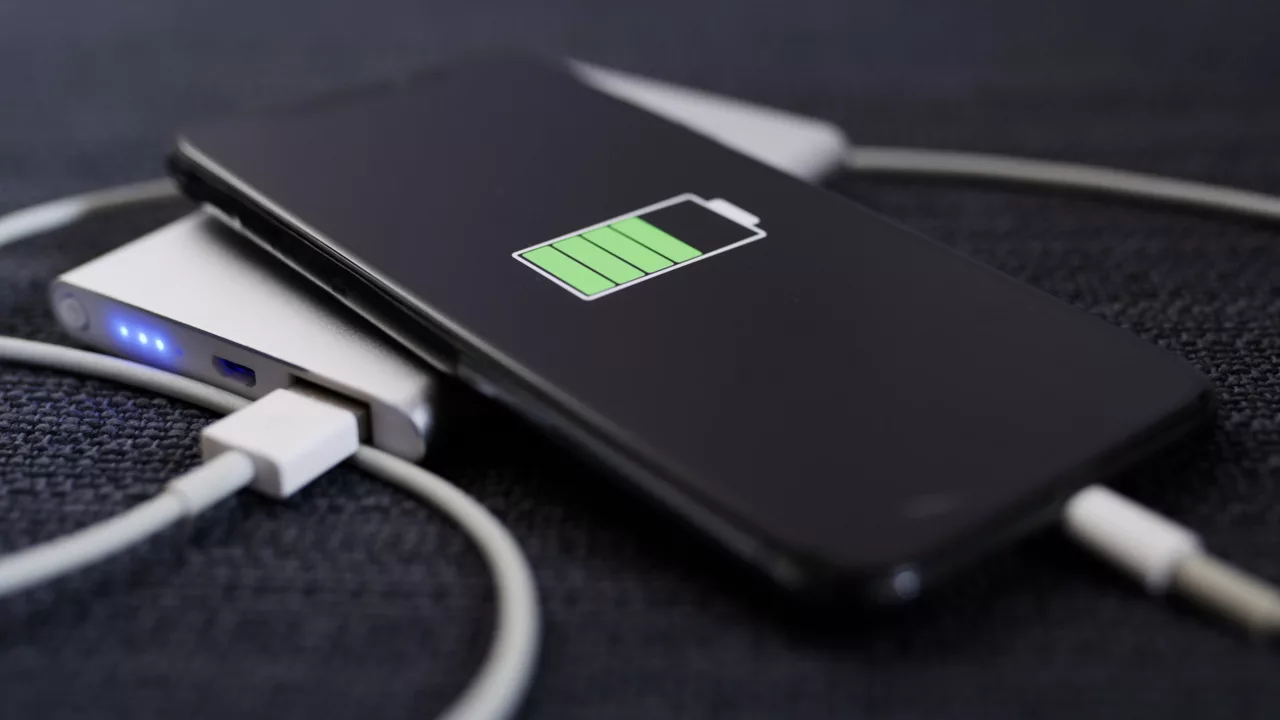The European Parliament has made a significant decision that will bring about changes in battery regulations for users in Europe. These changes, particularly in recycling, have noteworthy implications for electronics users in the region.
The European Parliament has passed a resolution on batteries that will affect every aspect of a battery’s lifecycle within the European Union. While the resolution encompasses several changes, the ones that will directly impact the electronics industry have drawn attention.
The Battery Regulation
Once approved by the Council of Europe, the regulations will be published in the Official Journal of the EU. Although the official publication is pending, the contents of the Battery Regulation have already been disclosed.
This new regulation introduces several beneficial changes for users, ensuring batteries are designed, manufactured, used, and recycled in a reasonable manner.
One notable requirement of the European battery law is the implementation of carbon footprint labels and a digital battery passport. These measures will be applicable to electric vehicle (EV) batteries, as well as batteries used in scooters, bicycles, and industrial applications with a capacity exceeding 2 kWh.
The EU is also implementing new standards for the recovery of raw materials from batteries and setting minimum recycling rates for their use in new batteries. The regulations establish ambitious targets for the recovery of raw materials such as lithium, cobalt, copper, lead, and nickel, with the aim of achieving high recycling rates.
Phones, Tablets, and Laptops: The Removable Battery Recommendation
One notable inclusion in the resolution approved by the European Parliament is the recommendation for mobile devices to have replaceable batteries. This means designing portable batteries in devices to facilitate easy removal and replacement by consumers.
If devices fail to meet this requirement, they will not be eligible for selective collection and recycling. Therefore, a phone or tablet that may become waste should allow users to remove the battery themselves.
Challenges and Future Changes
However, it is important to note that this provision remains non-binding until battery performance requirements for phones and tablets are established.
As these requirements were not included in the initial draft resolution on batteries approved by the European Parliament, further changes and regulations can be expected in the future to address this aspect.
As the battery regulations move closer to becoming official, it is crucial for electronics manufacturers and users to stay informed and adapt to these changes, ensuring compliance with the EU’s vision for sustainable battery usage and recycling practices.
